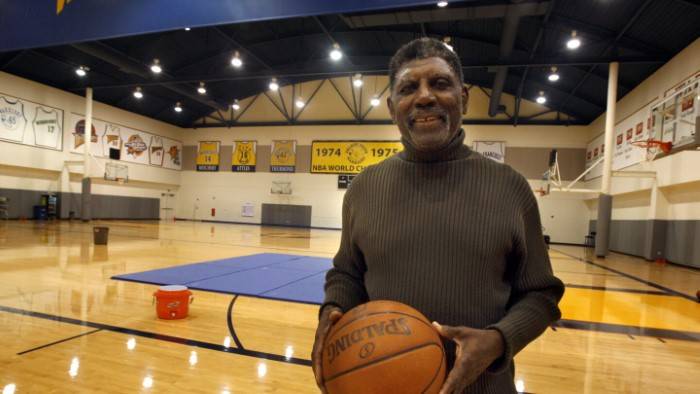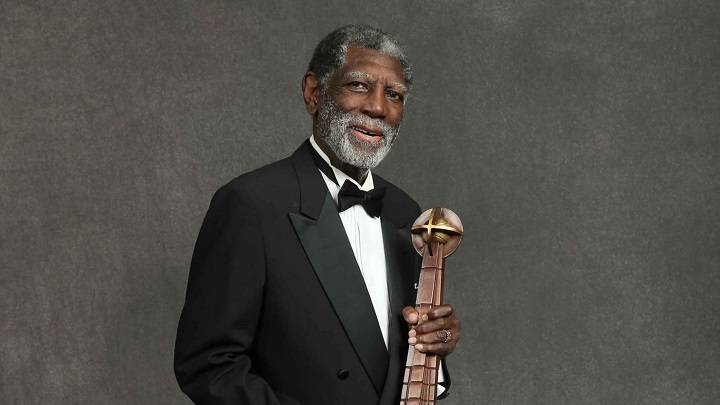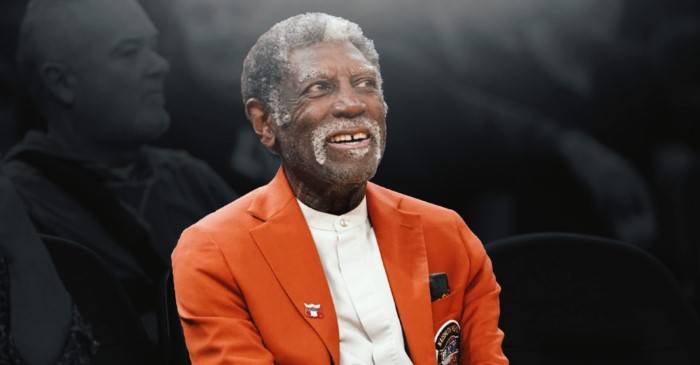Alvin “Al” Attles, an iconic figure in the world of basketball, has left an indelible mark both as a player and as a coach. Known for his tough defense, strategic mind, and leadership skills, Attles played his entire NBA career with the Golden State Warriors (previously known as the San Francisco Warriors) and later transitioned to a successful coaching role. This comprehensive guide explores Al Attles’ strategies, his performance as a player and coach, and the benefits his leadership brought to the game of basketball.
Early Life and Career of Al Attles

Al Attles was born on November 7, 1936, in Newark, New Jersey. Growing up, he was passionate about sports, particularly basketball. Attles attended North Carolina A&T, where he developed his skills and became a standout player. His performance in college basketball caught the attention of NBA scouts, and in 1960, he was drafted by the Philadelphia Warriors, which later became the San Francisco Warriors and then the Golden State Warriors.
Playing Career Highlights
- Tenacity on Defense: Attles was renowned for his defensive prowess. His ability to shut down opposing players earned him the nickname “The Destroyer.” This defense-first mentality set the tone for his entire career and would later influence his coaching style.
- Offensive Contributions: While primarily known for his defense, Attles was also a capable scorer and playmaker. He played a key role in the Warriors’ offense, often acting as a secondary scorer and distributor. His career stats, though modest, reflected his versatility and team-first approach.
- Memorable Moments: One of the most memorable moments of his playing career came during the 1964 NBA Finals when the Warriors faced the Boston Celtics. Attles’ tenacious defense against the Celtics’ guards was a highlight, showcasing his ability to perform under pressure.
Transition to Coaching
After a successful playing career, Attles transitioned into coaching in 1970, becoming the head coach of the Golden State Warriors. His understanding of the game, both from a player’s perspective and a strategist’s viewpoint, made him an effective leader on the sidelines.
Coaching Strategies and Philosophy
- Defensive Emphasis: Just as in his playing days, Attles’ coaching philosophy was rooted in defense. He believed that a strong defensive team could always find a way to win, even on nights when shots weren’t falling. This focus on defense helped the Warriors become one of the top defensive teams in the league.
- Team Unity and Chemistry: Attles emphasized the importance of team chemistry and unity. He fostered a culture where every player knew their role and played for the team rather than individual accolades. This philosophy was crucial in creating a cohesive unit that could perform well together.
- Adaptability and Flexibility: One of Attles’ key strategies was his ability to adapt to different game situations. He was known for his in-game adjustments and ability to change tactics based on the opponent’s strengths and weaknesses. This adaptability made the Warriors a formidable team under his leadership.
- Emotional Intelligence: Attles was known for his calm demeanor and ability to connect with his players on a personal level. He understood the importance of mental and emotional well-being in sports, often providing guidance and support to his players beyond just the game.
Achievements as a Coach
- 1975 NBA Championship: The pinnacle of Attles’ coaching career came in 1975 when he led the Golden State Warriors to their first NBA Championship in franchise history. This championship run was characterized by strong defense, unselfish play, and strategic brilliance, all hallmarks of Attles’ coaching style.
- Longevity and Consistency: Attles coached the Warriors for 13 seasons, demonstrating remarkable consistency and stability. His long tenure with the Warriors is a testament to his effectiveness as a coach and leader.
Impact on the Game of Basketball
- Legacy as a Pioneer: Al Attles is one of the few individuals in NBA history to have spent over 50 years with a single franchise. His contributions to the Warriors and the game of basketball have made him a beloved figure in the NBA community.
- Mentorship and Development: Attles was known for his mentorship of younger players and coaches. He played a significant role in developing future talent and helping shape the careers of many who came after him.
- Promotion of Inclusivity: As one of the early African American head coaches in the NBA, Attles was a pioneer for inclusivity in the sport. He helped pave the way for future generations of coaches and players from diverse backgrounds.
Benefits of Al Attles’ Coaching Style
- Enhanced Team Cohesion: Attles’ emphasis on teamwork and unity led to a tightly-knit group that played well together on both ends of the floor. This cohesion was a key factor in the Warriors’ success during his tenure.
- Improved Defensive Prowess: By prioritizing defense, Attles instilled a mentality of toughness and resilience in his teams. This defensive identity became a hallmark of the Warriors under his leadership, making them a difficult opponent for any team.
- Player Development and Growth: Attles was known for his ability to develop players and maximize their potential. His supportive and nurturing coaching style allowed players to grow and improve, both on and off the court.
- Adaptability in Strategy: Attles’ flexible approach to coaching enabled his teams to adapt to different opponents and situations. This adaptability made the Warriors a versatile and unpredictable team, capable of adjusting their game plan to exploit the weaknesses of their opponents.
Personal Traits and Leadership Qualities
- Humility and Integrity: Attles was known for his humble nature and integrity, traits that earned him respect from players, peers, and fans alike. He led by example, always putting the team’s needs above his own.
- Calm and Composed: Attles’ calm demeanor on the sidelines provided stability and confidence to his team. Even in high-pressure situations, he maintained a composed approach, which helped his players stay focused and execute their game plan.
- Passion for the Game: Despite his calm exterior, Attles had a deep passion for basketball. His love for the game was evident in his dedication and commitment to his team and players, inspiring those around him to give their best effort.
Challenges and Overcoming Adversity
- Injury Management: Throughout his coaching career, Attles faced the challenge of managing player injuries. His ability to adapt his strategies and rotate players effectively was crucial in maintaining team performance despite setbacks.
- Changing Player Dynamics: As the NBA evolved, Attles had to manage different personalities and player dynamics. His experience as a former player gave him unique insights into handling various personalities and maintaining team harmony.
The Legacy of Al Attles
Al Attles’ legacy extends beyond his achievements on the court. He is celebrated not only for his contributions to the Golden State Warriors but also for his impact on the NBA as a whole. His coaching career serves as a model of leadership, resilience, and strategic brilliance.
Attles’ influence can still be seen today in the Warriors’ organizational culture, which values defense, teamwork, and player development. His legacy is a reminder of the importance of integrity, dedication, and a team-first mentality in achieving success in sports and life.
Related Post:
A Comprehensive Guide to Mindy Kaling
Al Attles’ career as both a player and coach is a testament to his strategic mind, leadership qualities, and unwavering commitment to the game of basketball. His defensive focus, emphasis on team unity, and adaptability made him a unique figure in the NBA. The benefits of his coaching style, from enhanced team cohesion to improved player development, continue to influence the sport today. Al Attles remains a revered figure in basketball history, and his contributions to the game are celebrated by fans and players alike.
This guide provides a detailed look into Al Attles’ career, his coaching strategies, and the impact he made on the game of basketball.




